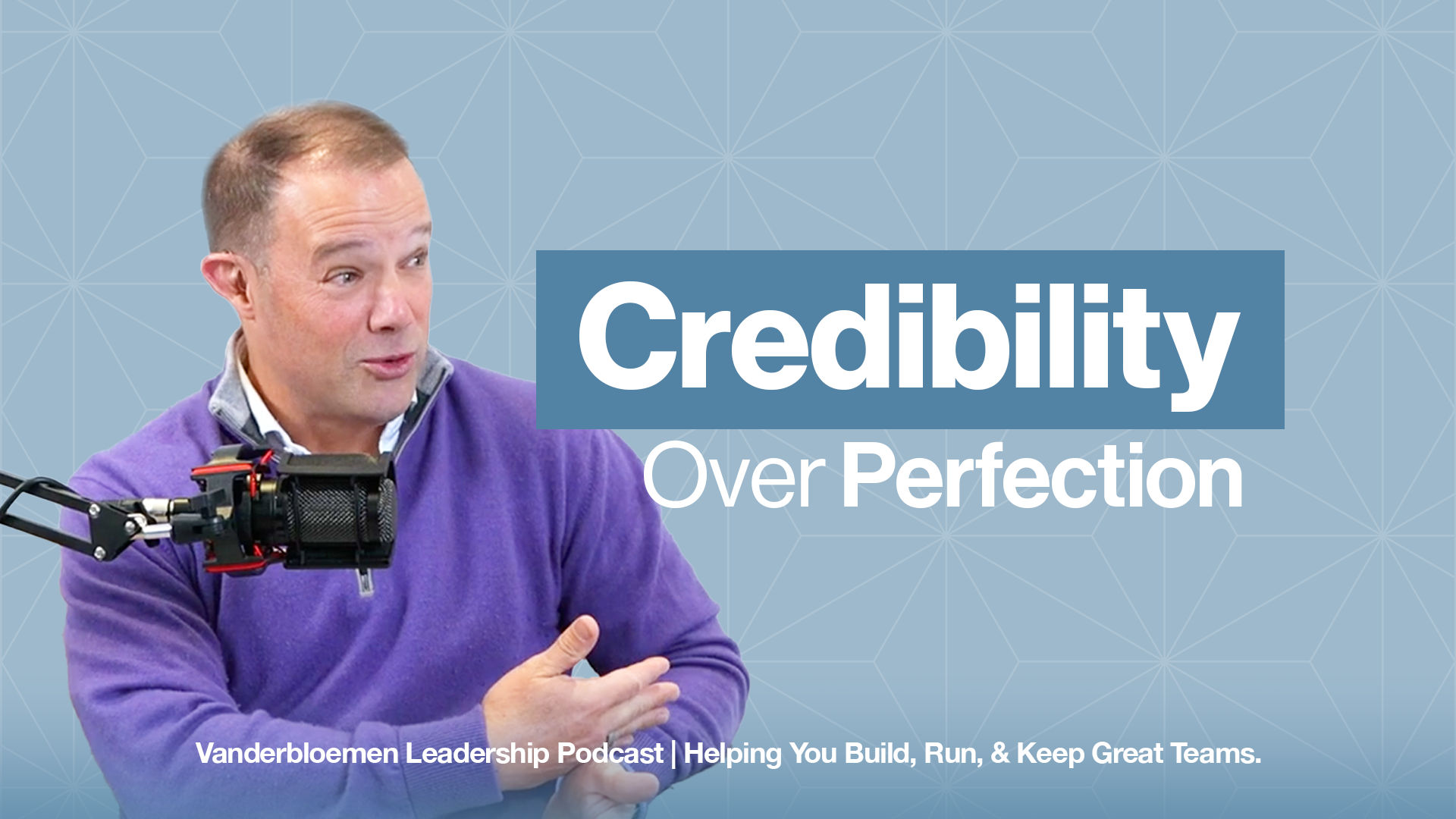Apple Podcasts | Spotify | Youtube | RSS Link
In this episode of the Vanderbloemen Leadership Podcast, William Vanderbloemen sits down with Horst Schulze, Founder, Chairman & CEO of the Capella Hotel Group, and Co-Founder and former COO of The Ritz-Carlton Hotel Co.
They explore:
- Horst’s remarkable journey to success and his path to becoming a global leader in business.
- The methods and principles that helped him achieve his goals.
- Insights on leadership, excellence, and creating a legacy of success.
Horst’s story is a testament to the power of hard work, determination, and a drive for excellence in achieving your dreams. This conversation offers valuable lessons on leadership, business, and personal growth.
Resources
More info about Horst:https://horstschulze.com/
Follow Horst on Instagram: https://www.instagram.com/thehorstschulze/?hl=en
Follow William on Instagram: https://www.instagram.com/wvanderbloemen/
Follow Vanderbloemen on Instagram: https://www.instagram.com/vanderbloemen/
Subscribe to the Vanderbloemen YouTube Channel: https://www.youtube.com/@vanderbloemensearchgroup


